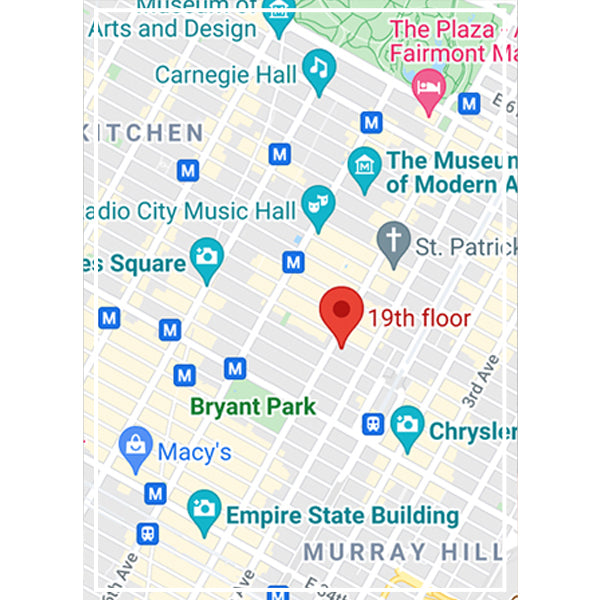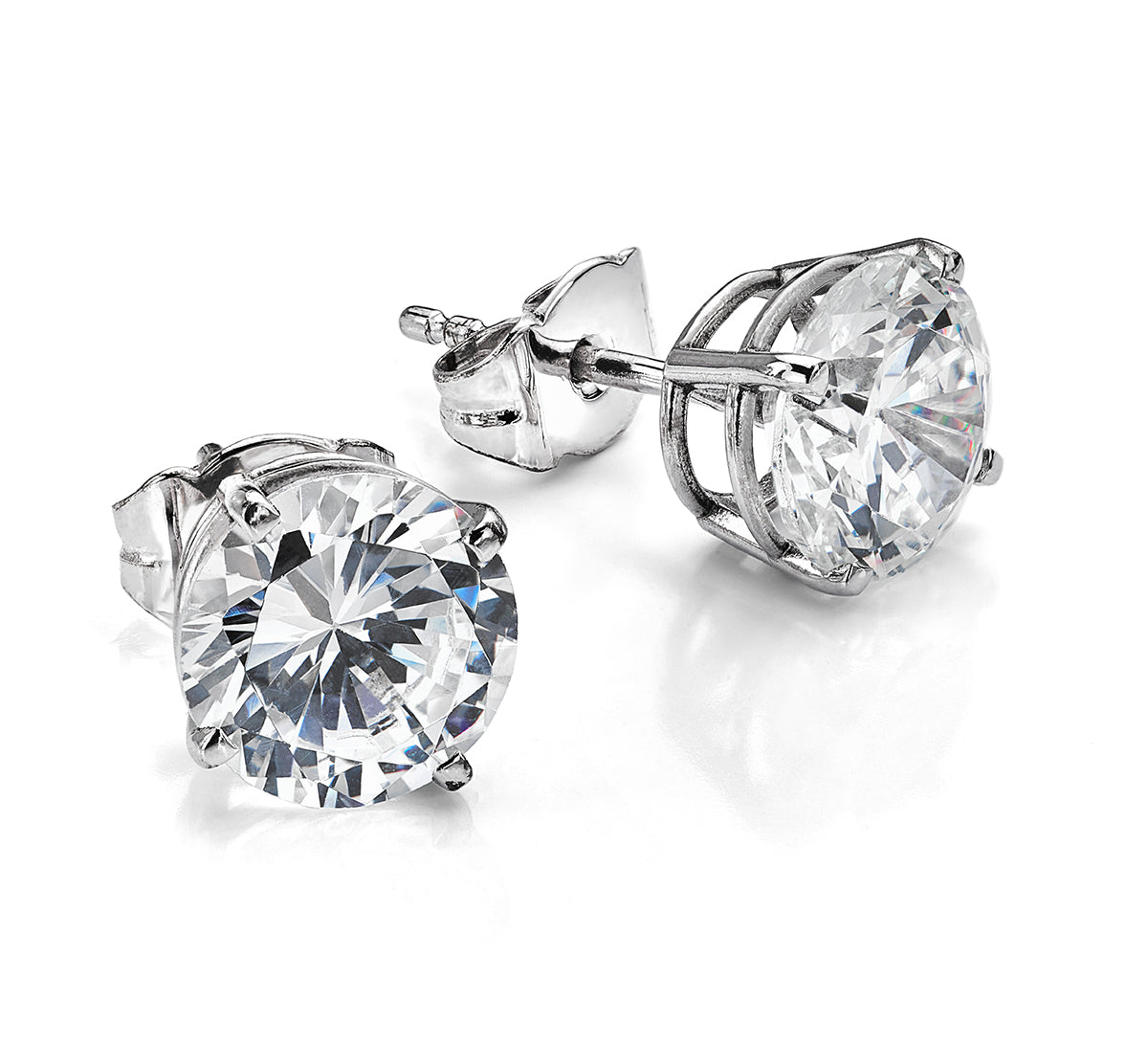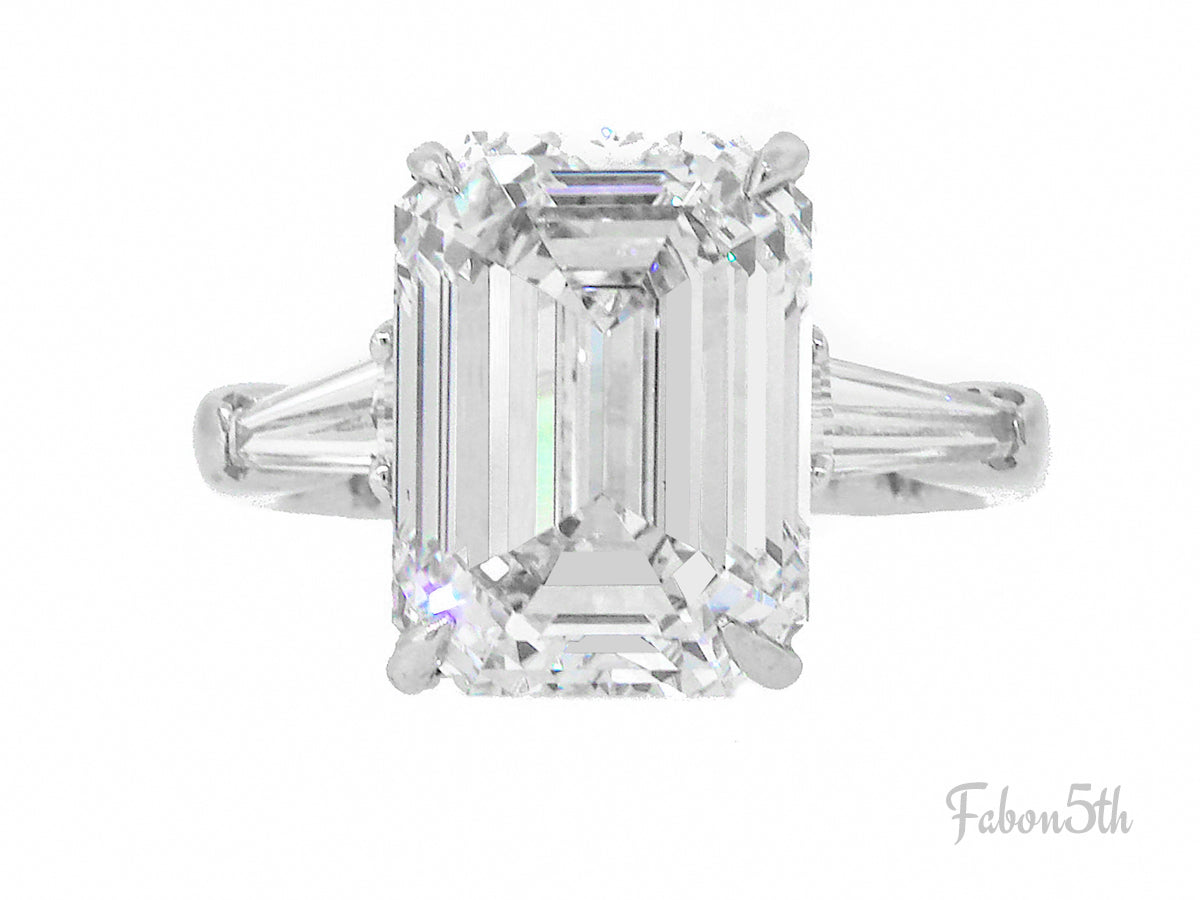
Attention Consumers: It's important to be vigilant in the current market. While synthetic diamond prices are plummeting, certain retailers continue to mark them up unfairly by drawing comparisons to the pricing of natural diamonds. This misleading tactic may deceive consumers into believing they're securing a favorable deal when, in reality, they're not. Synthetic diamonds are being traded at rates as much as 98% below the established Rapaport Price List for natural diamonds.
The pricing spectrum for synthetic diamonds varies significantly. For instance, Walmart offers a 3-carat, Round, F-G, VS1-VS2 synthetic diamond solitaire ring at $2,975, while Signet's Blue Nile lists a similar 3.00 ct., Round, G, VS1 synthetic diamond solitaire ring for $8,190. This translates to an alarming 275% price disparity for identical rings.
Certain jewelers aggressively promote synthetic diamonds due to their potential for substantial profit margins. However, this trend might not sustain itself as synthetic diamond prices are rapidly declining to as low as a few hundred or even tens of dollars per carat. The abundance of synthetic diamonds in the market contributes to this sharp price drop.
Deciding whether to purchase an inexpensive diamond for an engagement ring remains a matter of consumer preference. Nevertheless, consumers investing substantial amounts in synthetic diamonds might be grossly overpaying. It's essential to recognize that synthetic diamonds differ from natural diamonds, which are scarce and costly. Unlike natural diamonds, synthetic ones lack enduring value. Buyers should exercise caution and awareness regarding these distinctions before making a purchase.










